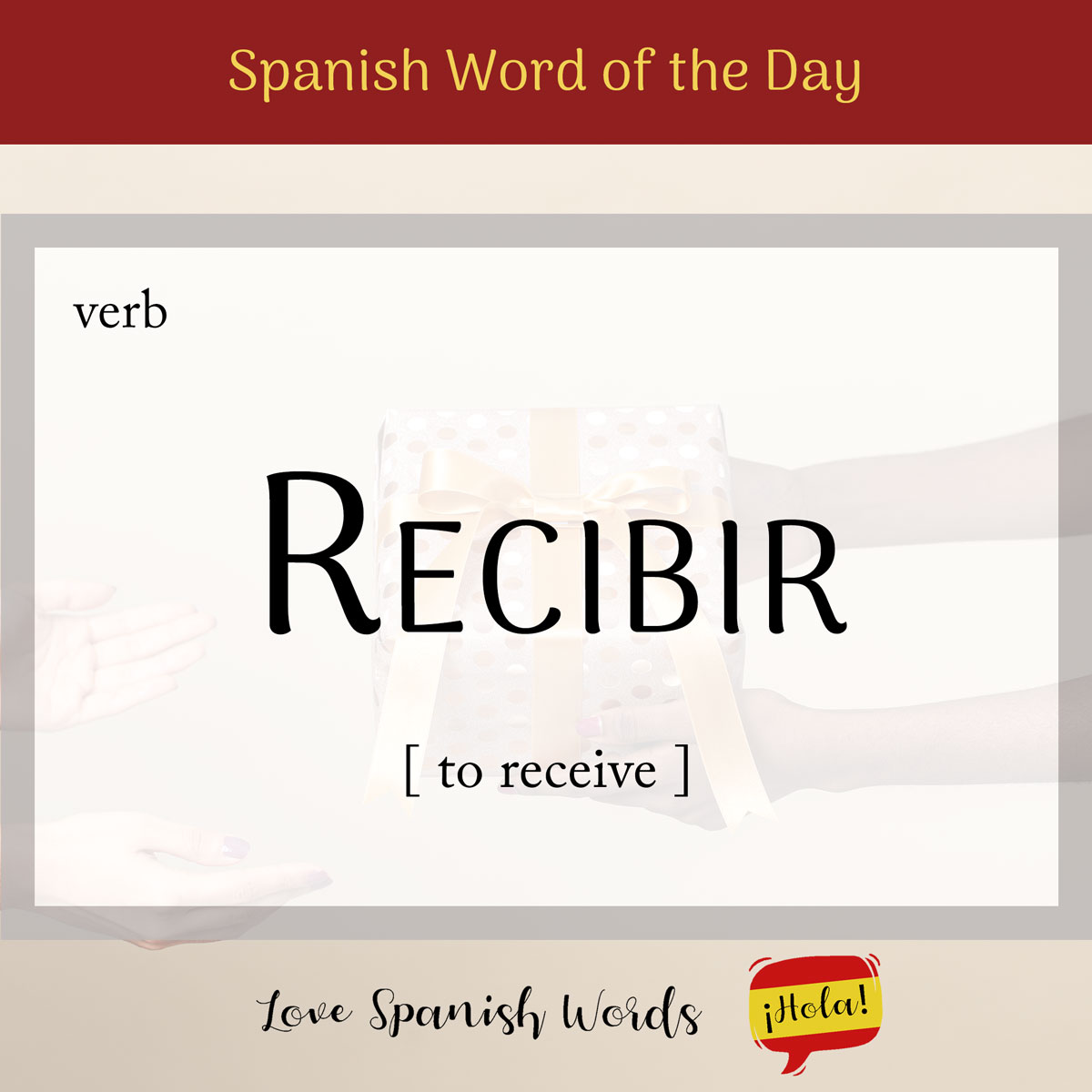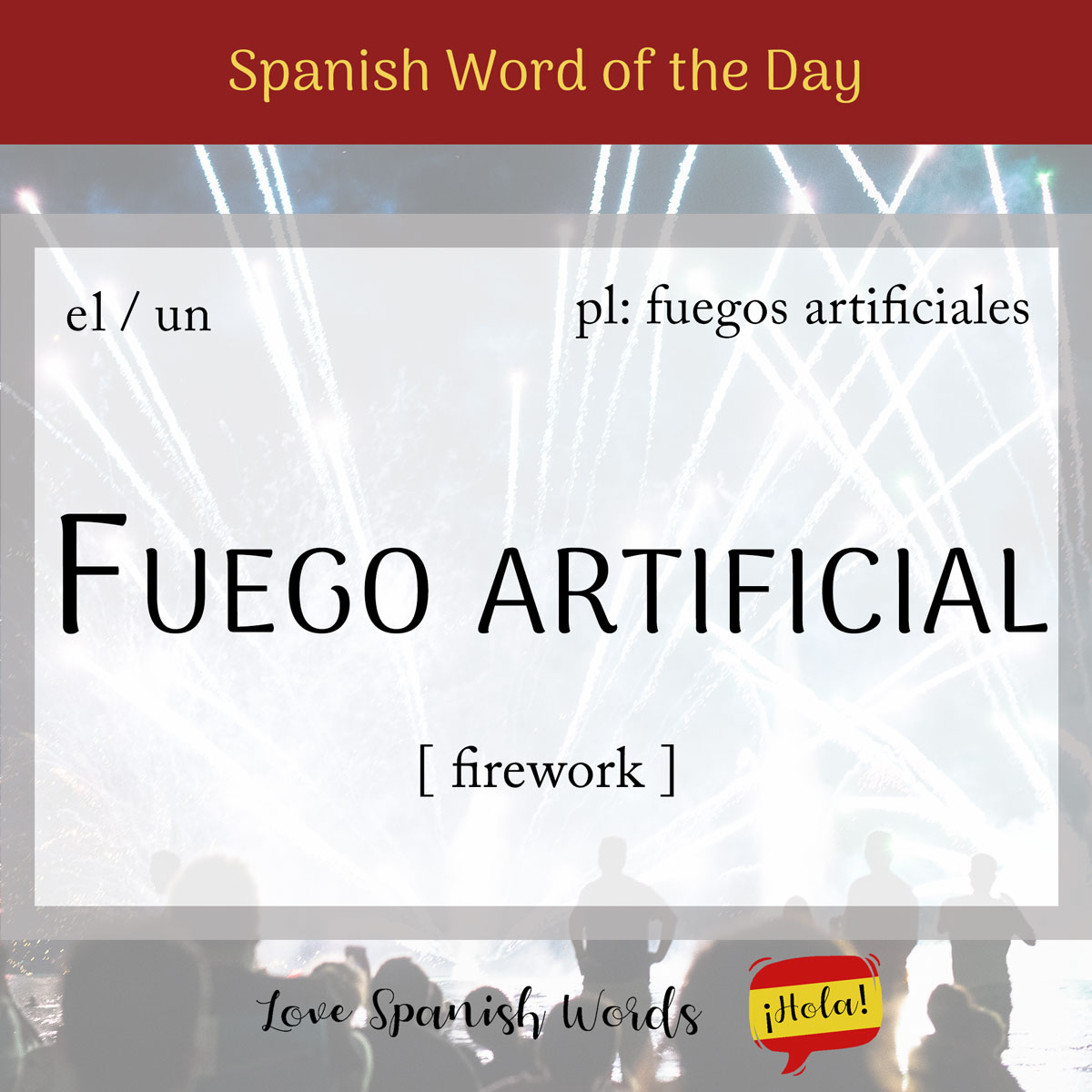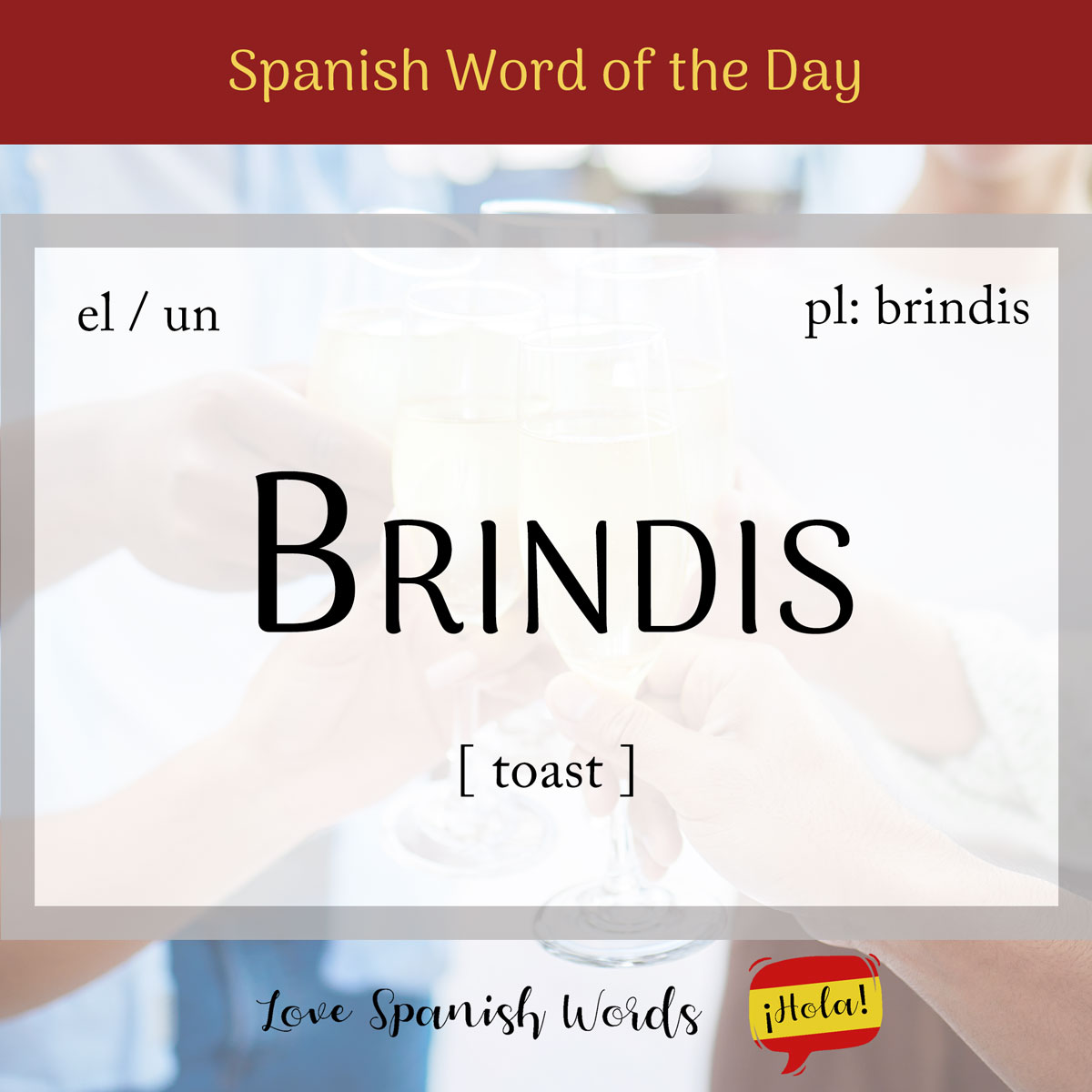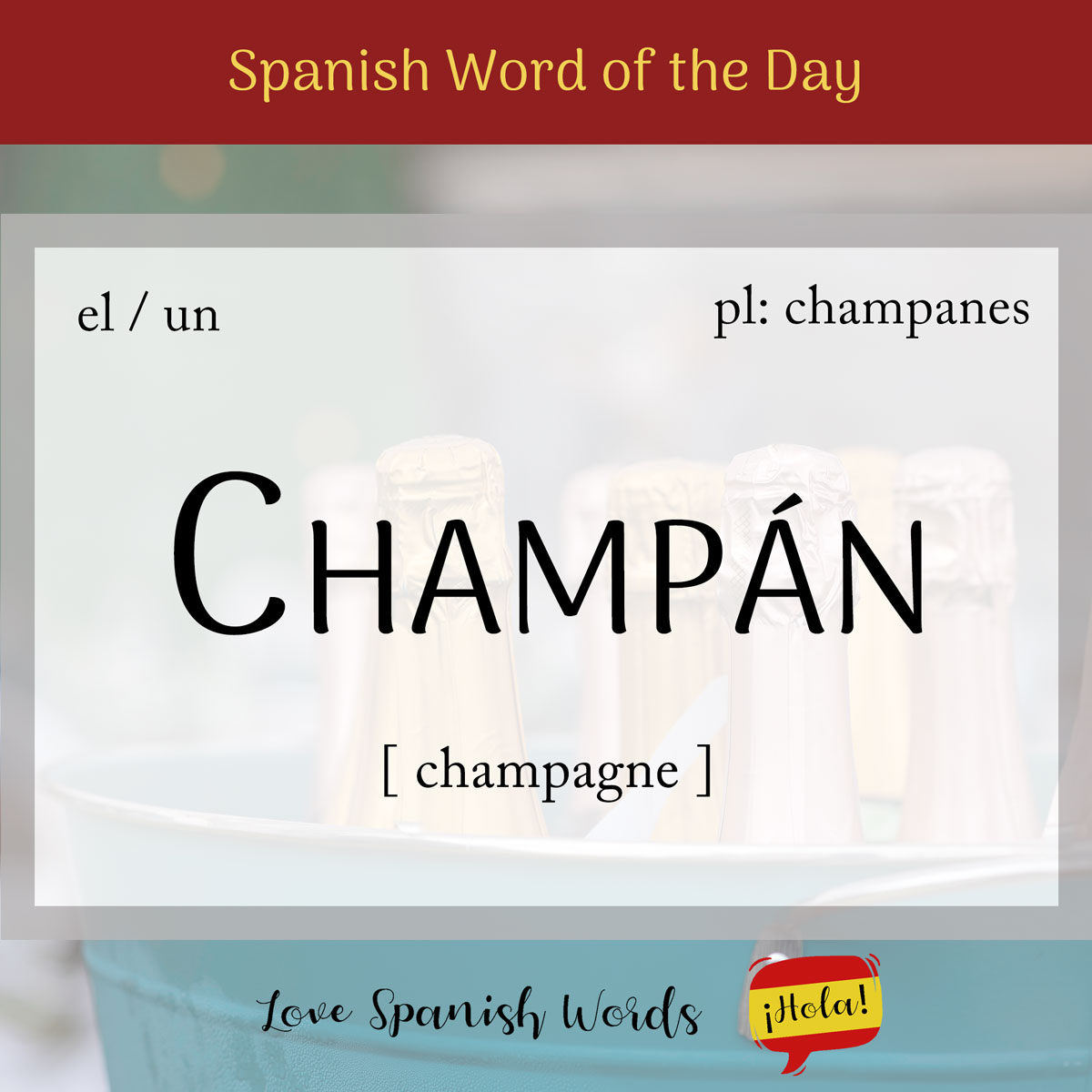Spanish Word of the Day: Pingüino (penguin)
The word pingüino is believed to have come from the Welsch word pen gwyn, meaning white head. It most likely got its name when early explorers encountered these animals in the Southern Hemisphere and described it as having a white patch around its head. The word was then adapted into European languages and English. In …





